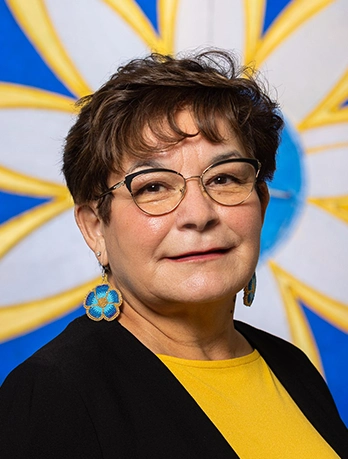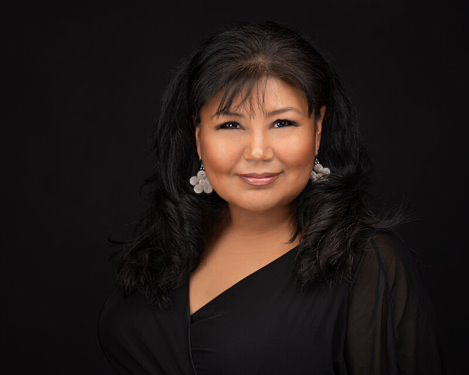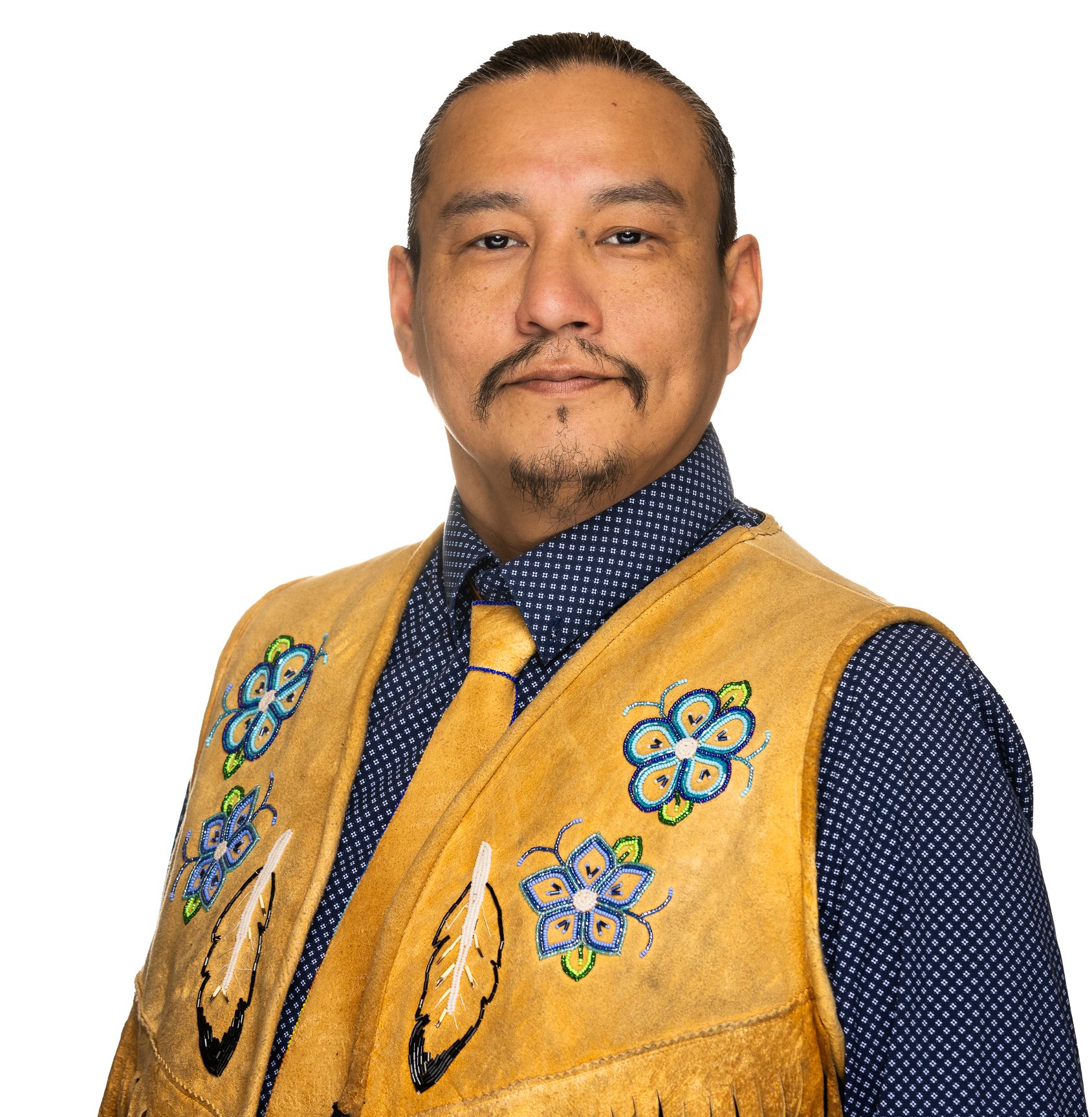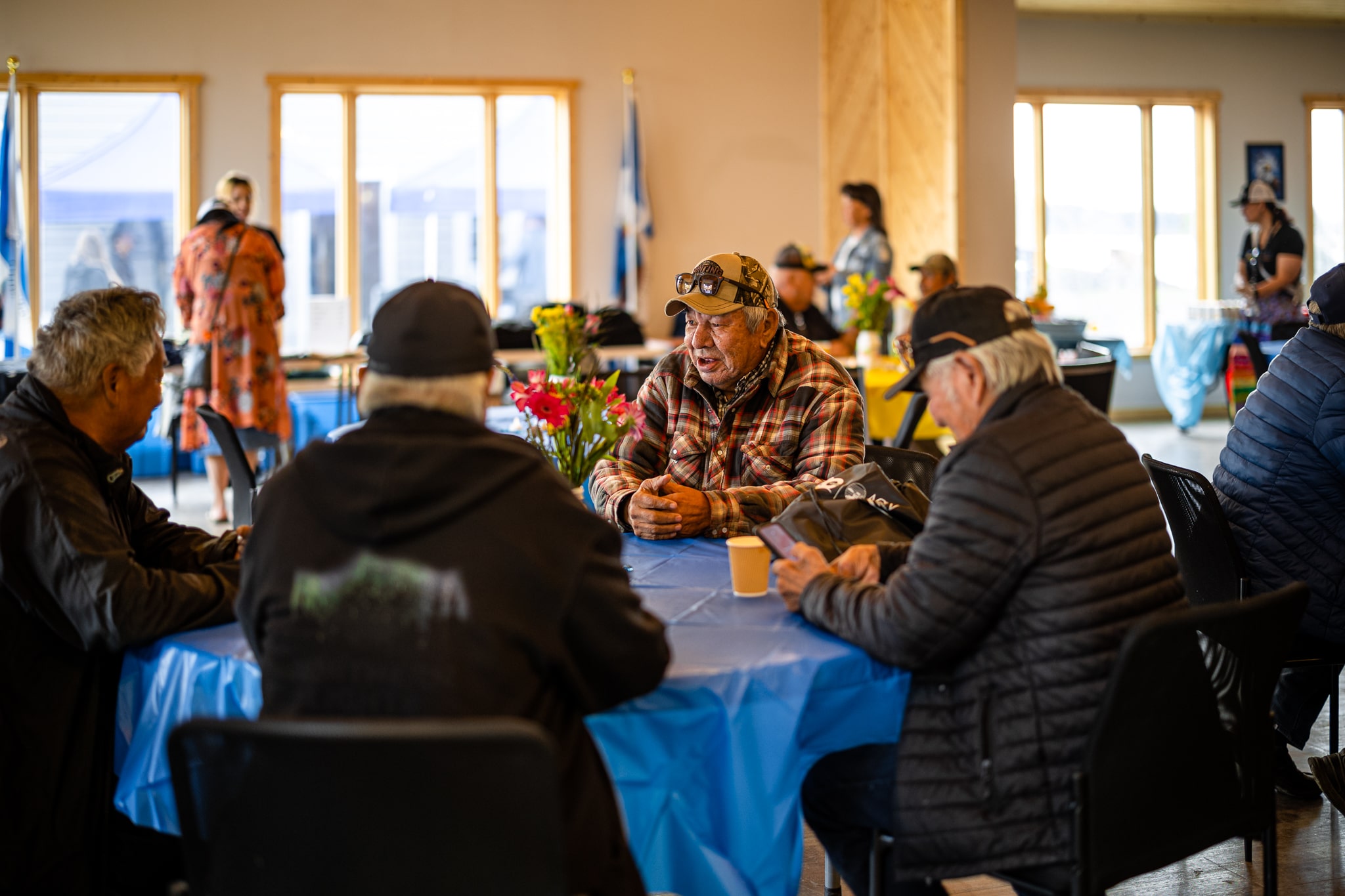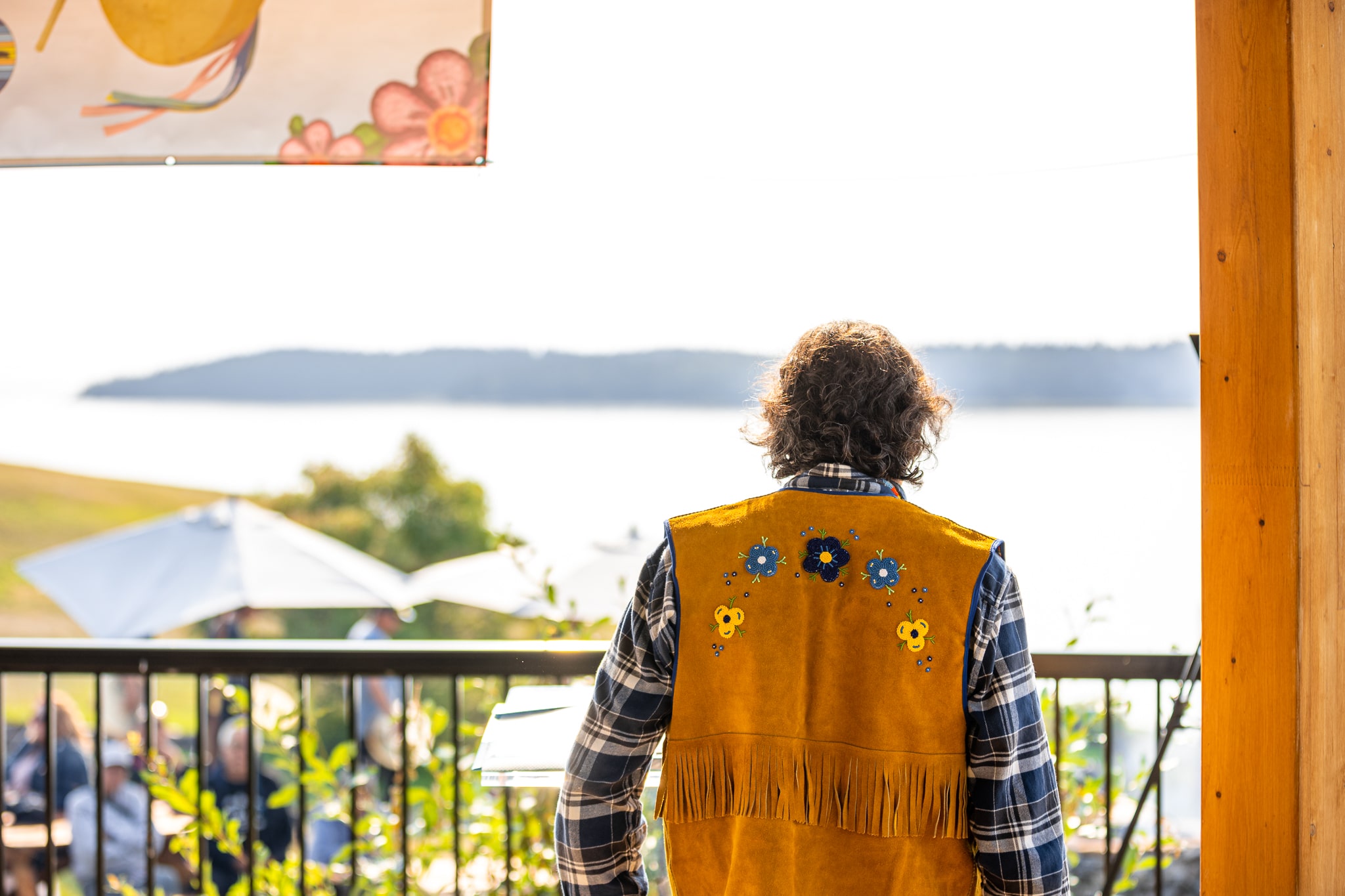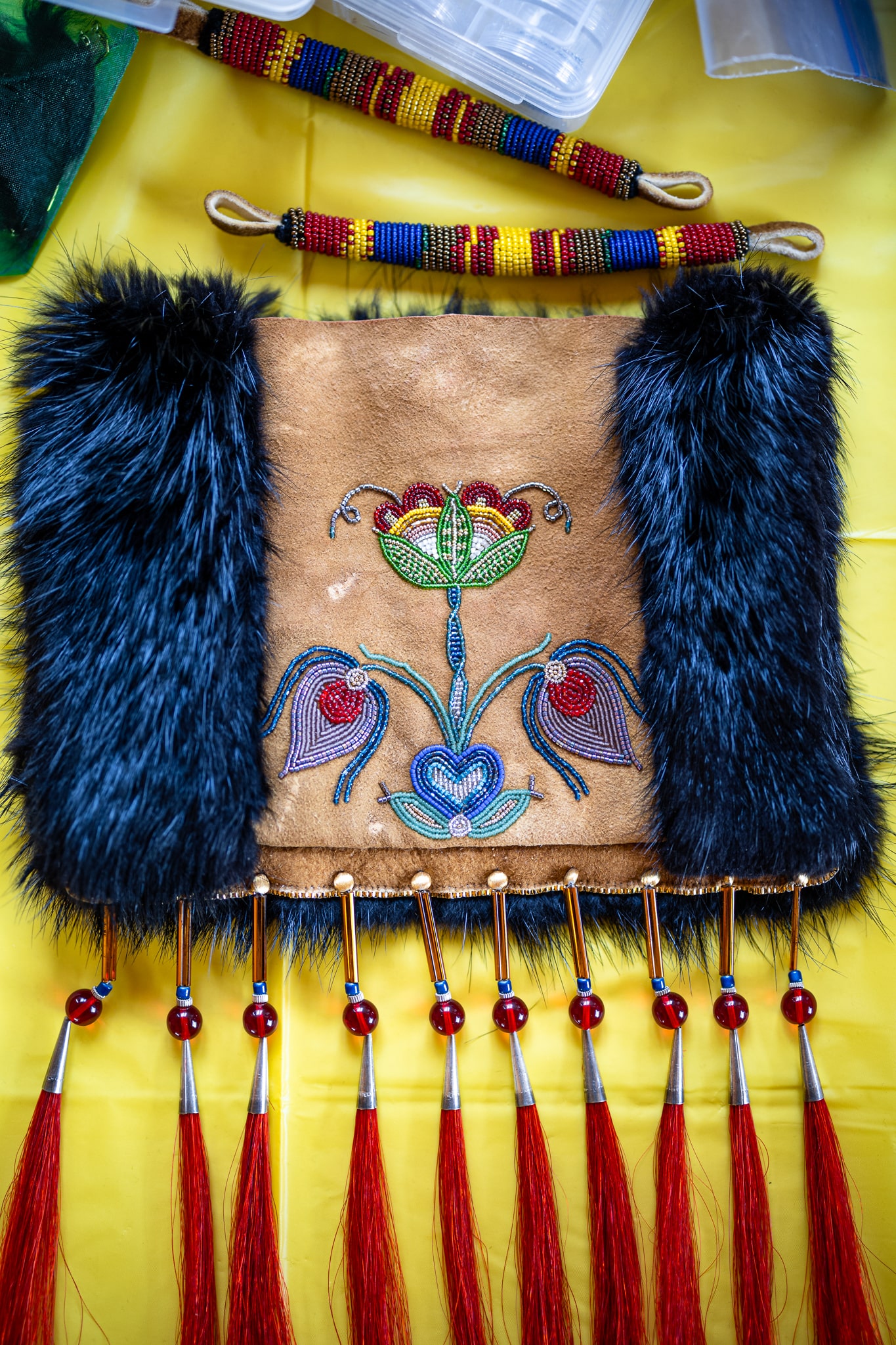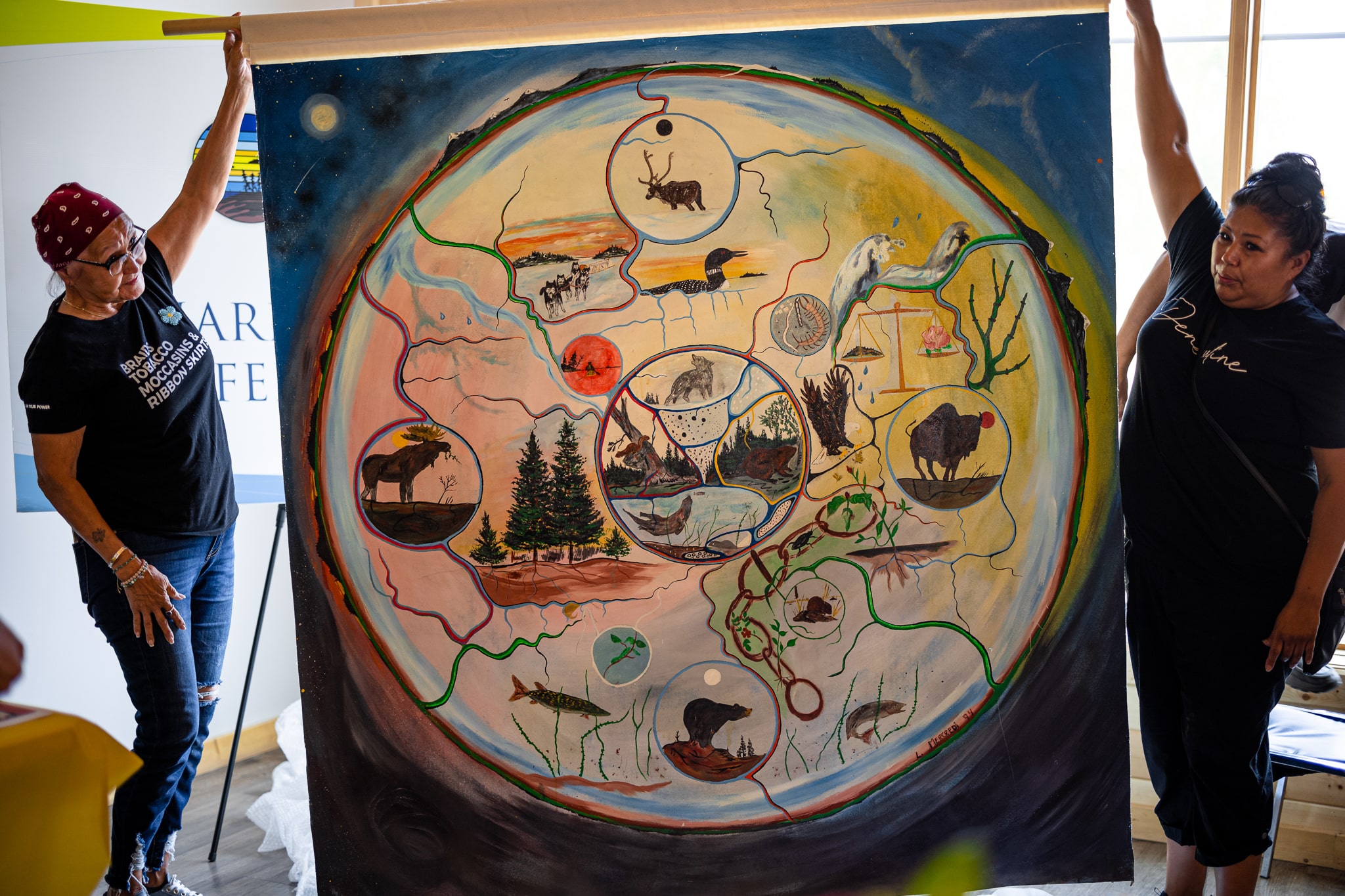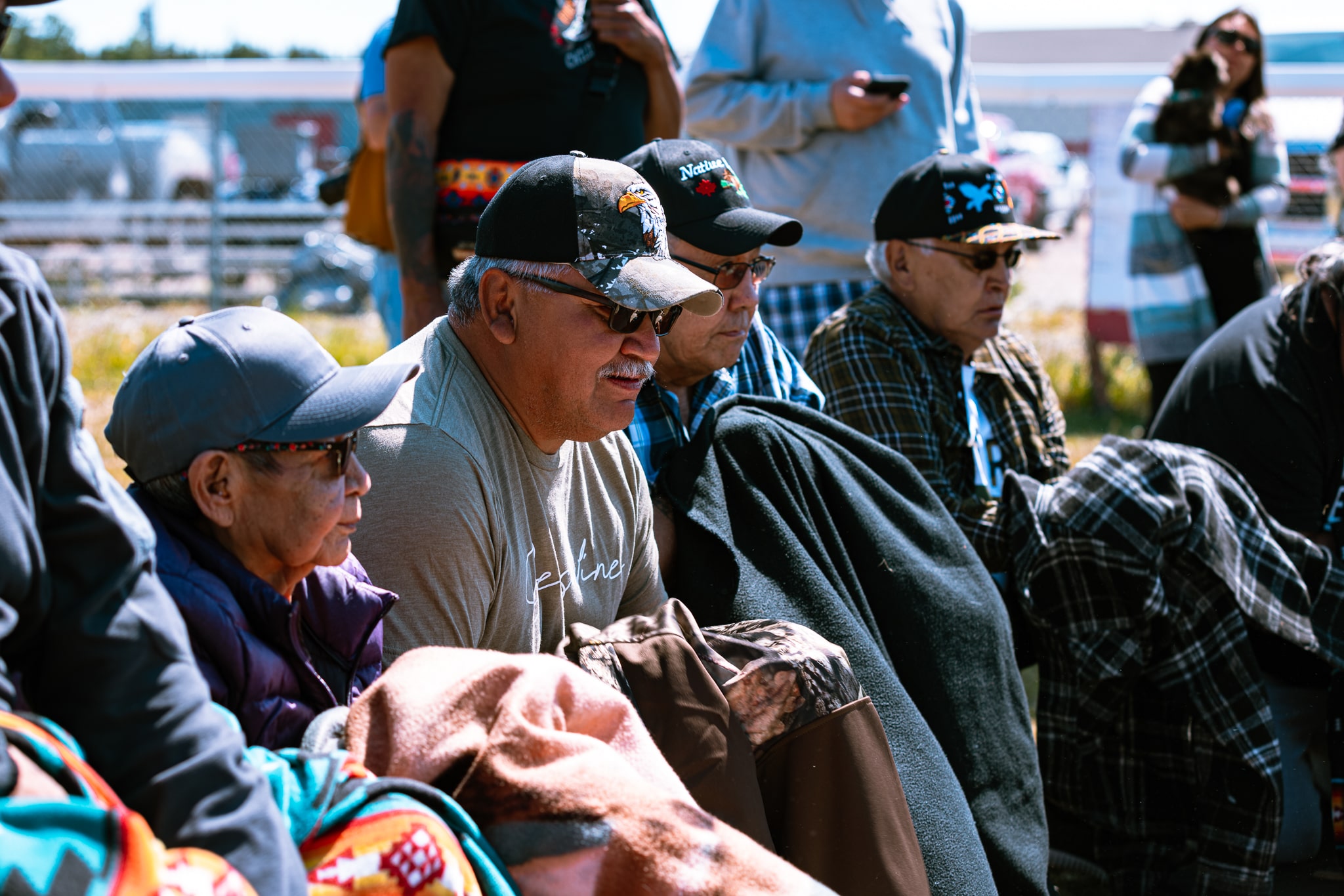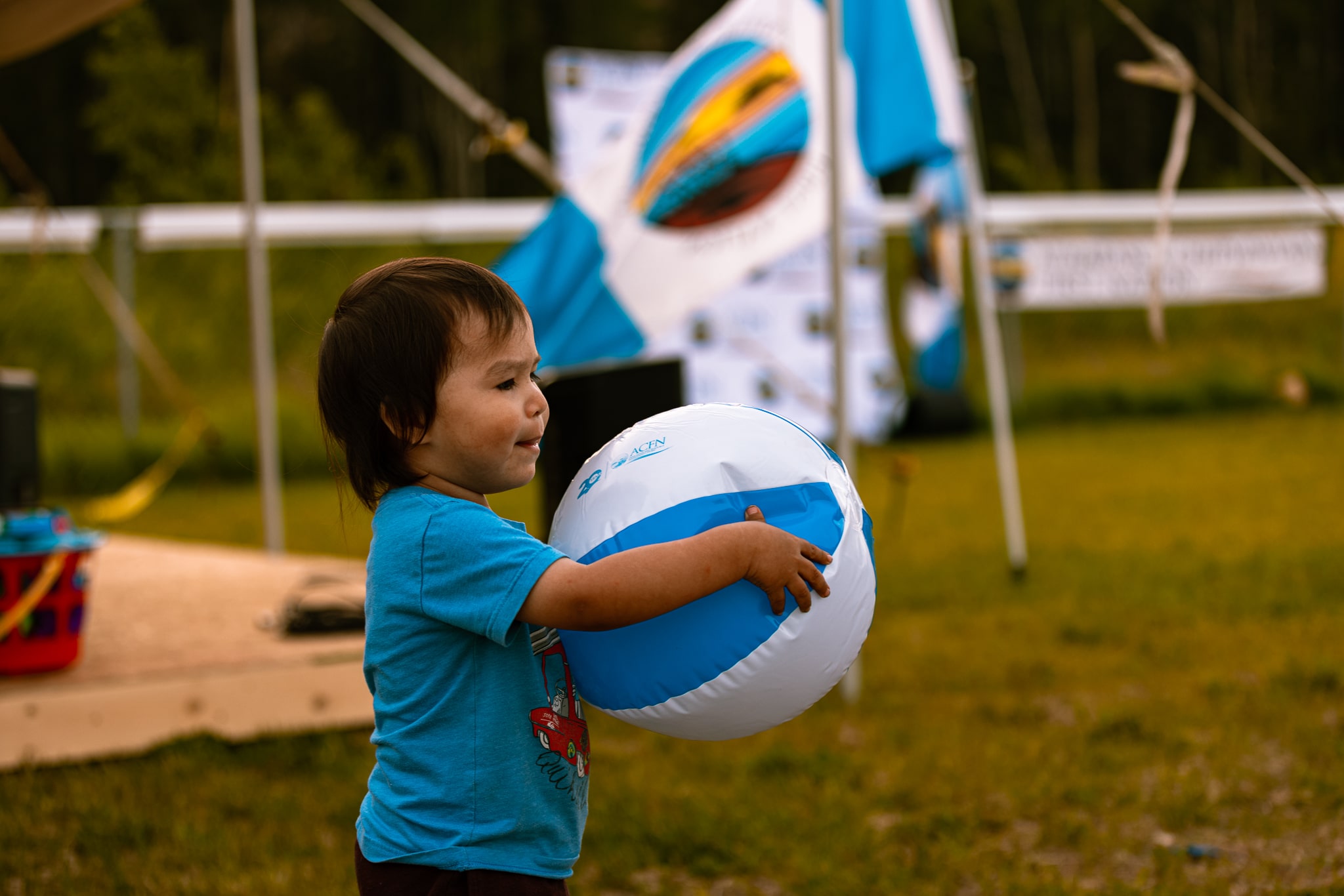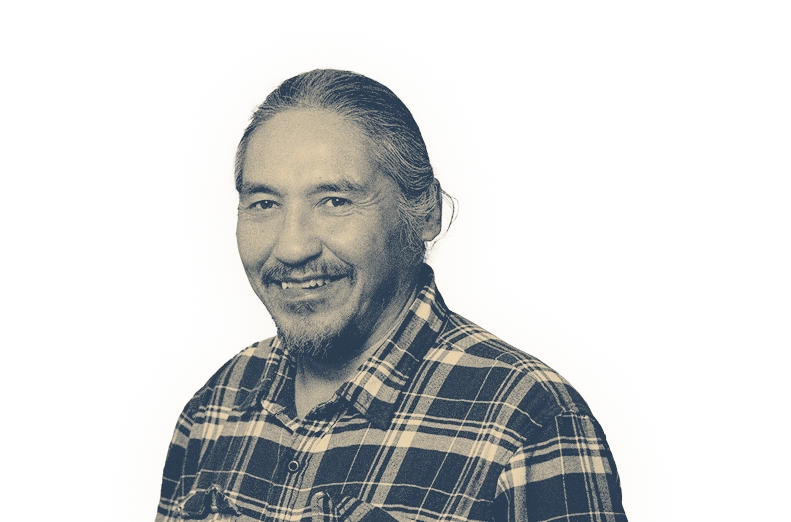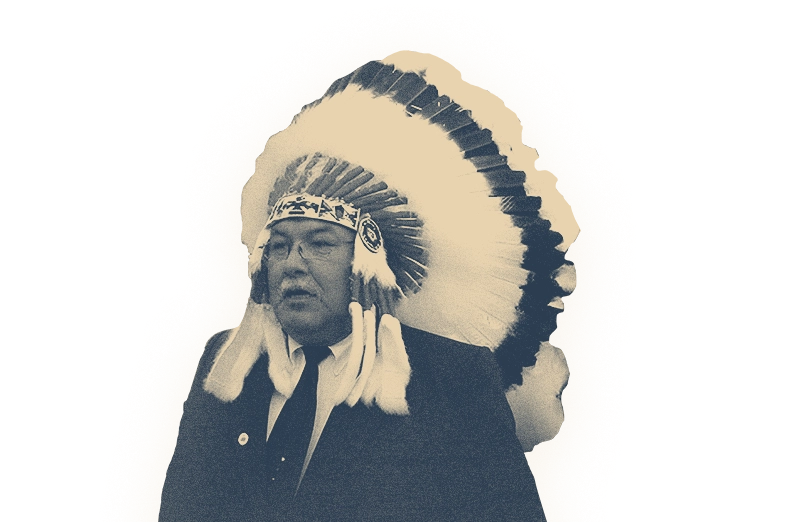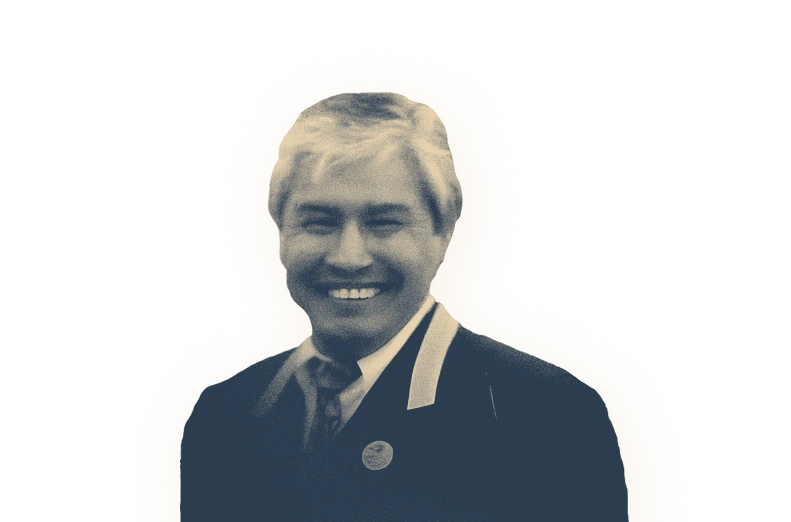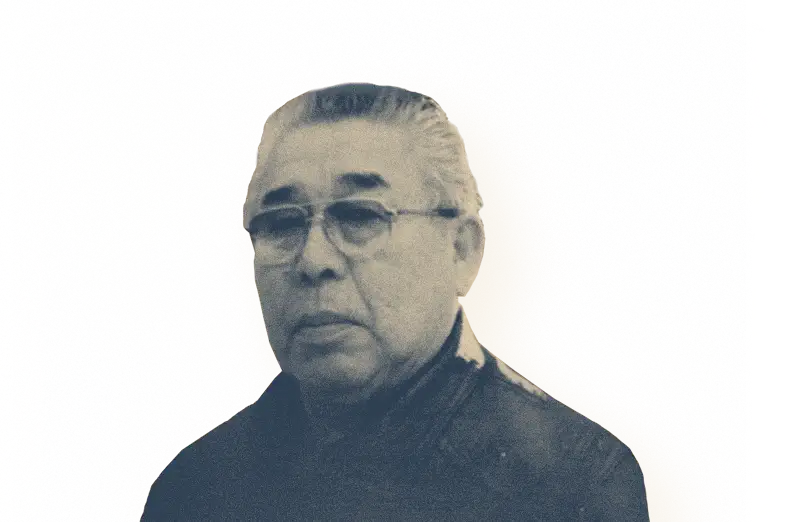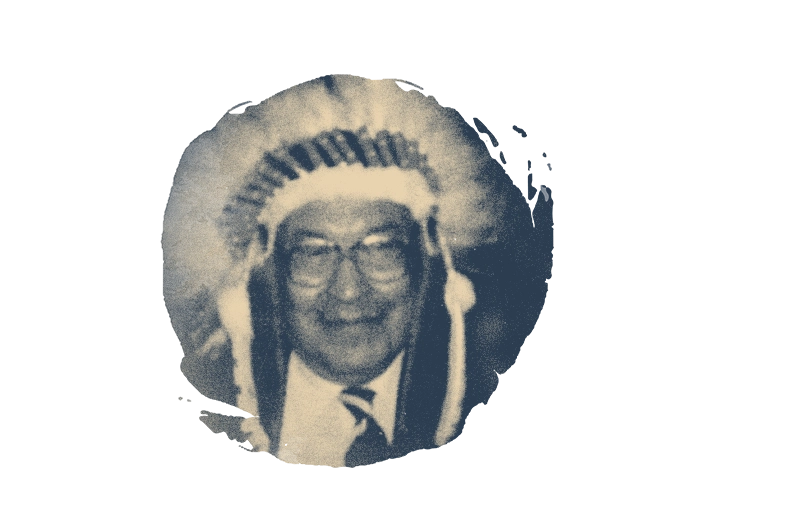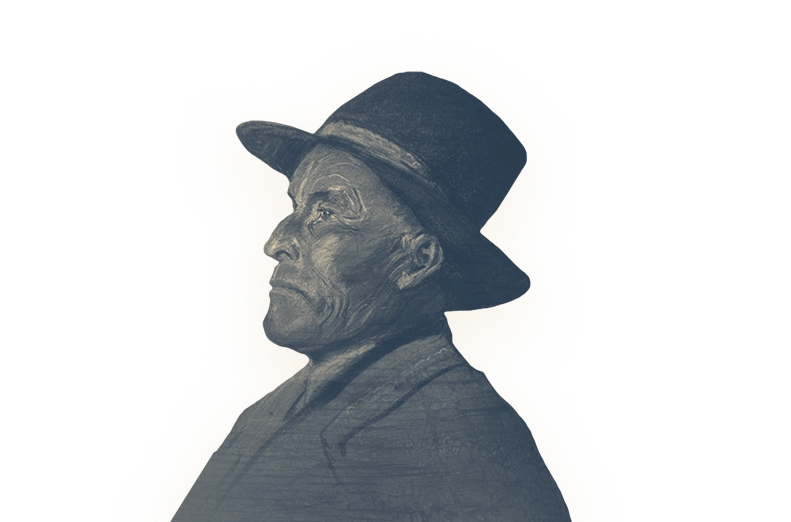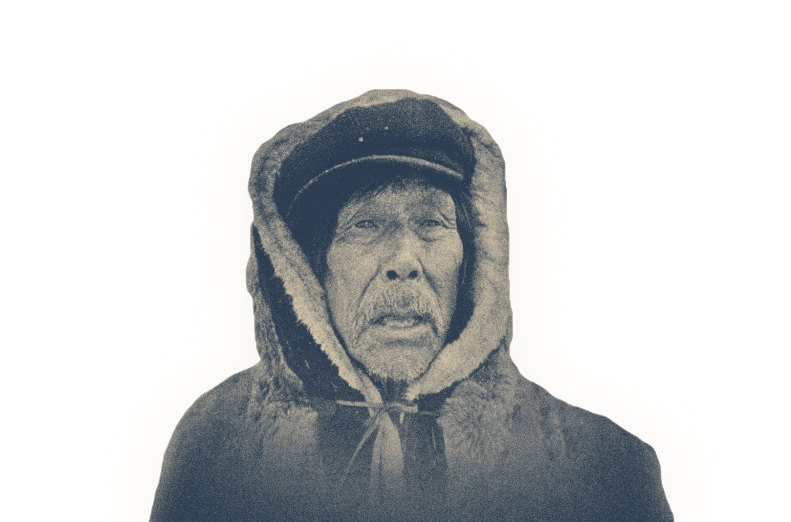
Governance

Since 1983, the Athabasca Chipewyan First Nation (ACFN) has followed the custom electoral system outlined in the Indian Act. In addition to our Chief, our council consists of four councillors. A council of ACFN Elders, representing the main family groups within ACFN, also provides traditional customary governance support.
Strategic plan
Strategic priorities for 2024-2028
1 Administration and Capacity Building
2 Economic Development
3 Education
4 Health and Well-being
5 Infrastructure
6 Natural Resource and Environment
7 Treaty Rights and Governance
8 Denesuline Language and Culture
Elders Council
The ACFN Elders Council works with Chief and council to provide strategic advice and guidance. They help shape policies, guide relationships with industry and government and provide strategic direction and guidance for our ACFN staff and leadership. Most importantly, our Elders Council provides insight into the history of our Treaty rights.
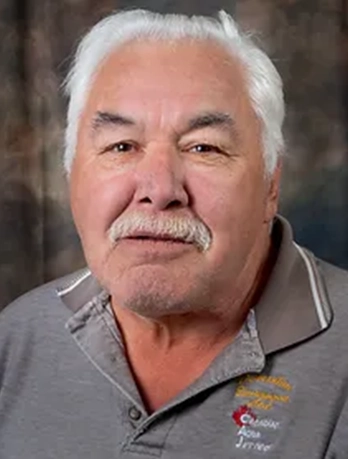
Archie Cyprien, Chair
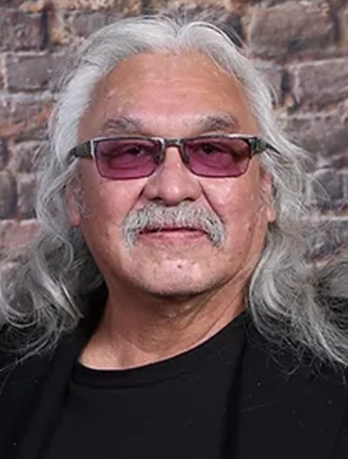
Jim Deranger, Co-Chair
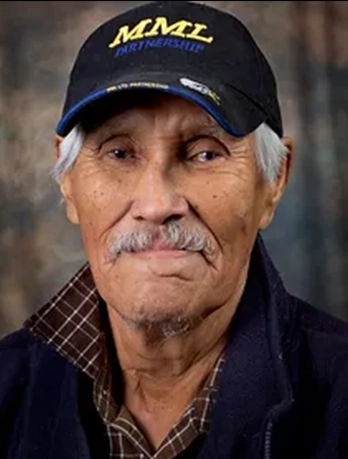
John Mercredi
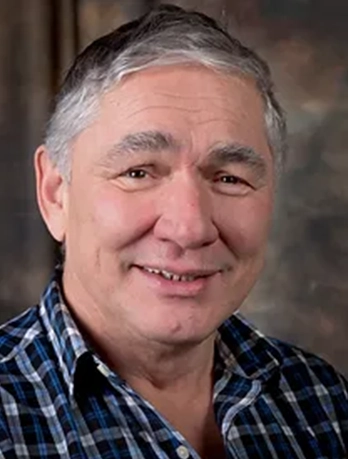
Scott Flett
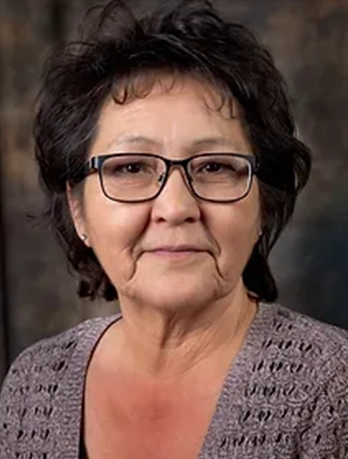
Jessi Ann Laviolette
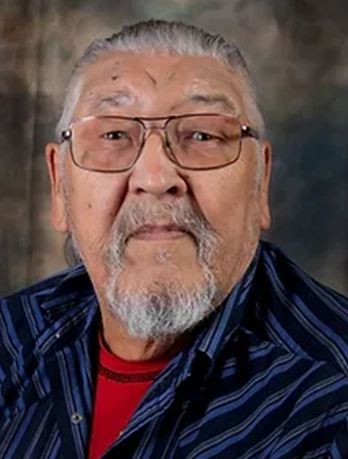
John Marcel
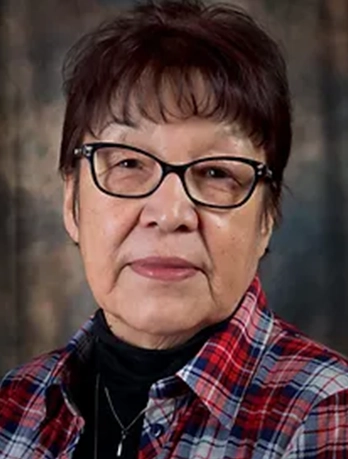
Alice Rigney
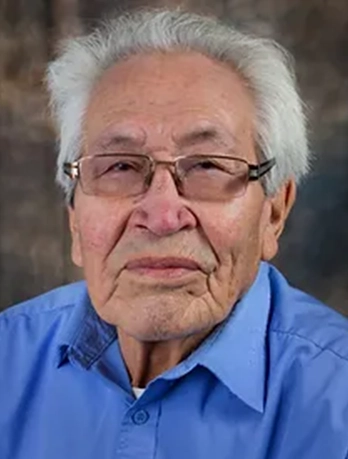
Rene Bruno
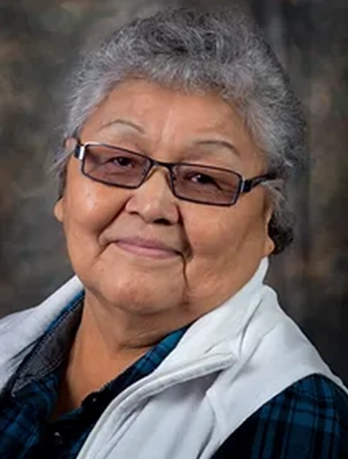
Emma Michael
Our former Chiefs
Mission
1. ACFN and the Member Trustees declare that the promotion, enhancement and improvement of the health and well-being of the beneficiaries and the long-term sustainability and protection of the lands, resources and way of life of the beneficiaries in accordance with K'ai Tailé Denesųłiné values are in the objectives of the trust.
2. ACFN and the Trustees declare that the values of this trust are independence, transparency and accountability.
3. The Member Trustees will make decisions in accordance with this deed of trust as informed by Déne values.
Member Trustees
Patrick Flett
Julia Cardinal
julia.cardinal02@gmail.comAnthony Ladouceur
anthony_ladouceur@me.comChair
Rosanna Cyprien
rosannacyprien@hotmail.comCo-Chair, Alternate
Cora Voyageur
voyageur@ucalgary.caMain Contact, Corporate Trustee
Jamie Catterall
jamie.catterall@bmo.com

